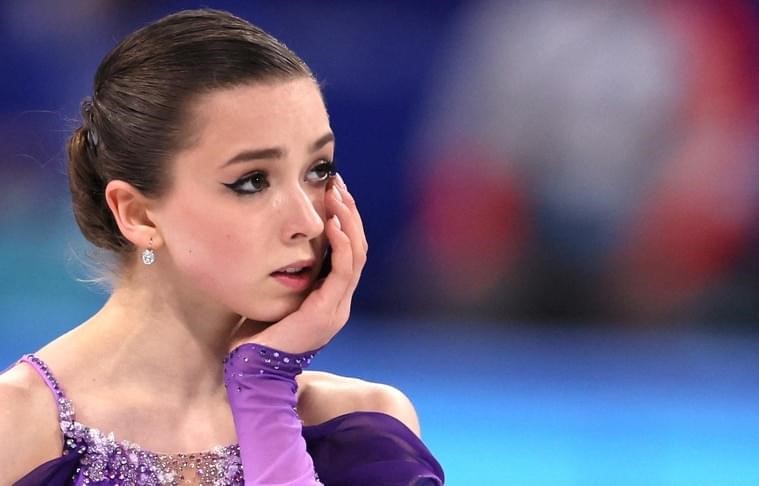Widgetized Section
Go to Admin » Appearance » Widgets » and move Gabfire Widget: Social into that MastheadOverlay zone
The biggest winner in Russia’s doping scandal is China
More than a week ago, at daily briefings for the Winter Olympics in Beijing, foreign journalists were still asking questions about the Chinese government’s treatment of Muslim Uighurs and whether the “closed-loop system” of epidemic prevention was working. Now they are focusing almost exclusively on Kamila Valieva and the Doping scandal in Russia.
Ms. Valieva, 15, tested positive for the angina drug trimetazidine, an endurance drug, at the National championships on Dec. 25 but waited until Feb. 8 to disclose that she had already been competing in the Winter Olympics in Beijing. He has assisted the Russian Olympic Team (ROC) to win the gold medal in the figure skating team event.
Because the Russian government was systematically punished for doping violations, Russian athletes were only allowed to compete under the ROC name, not the national team.
The Court of Arbitration for Sport (CAS) on Thursday allowed Valieva to continue competing in individual events, citing “exceptional circumstances” in its decision, including Valieva’s “protected” status, which means “minor”.
David Wallechinsky, an Olympic historian and outspoken critic of the Chinese government, said in an email: “The biggest winner from the Walieva scandal is the Chinese government. They are relieved that they do not have to fend off criticism on human rights.
Separately, China’s detention of at least a million Uighurs has been described by the U.S. and others as genocide, and China has responded with “century lies.” The issue is also not on the radar of Chinese journalists, and the International Olympic Committee (IOC) has voluntarily avoided it.
“The position of the IOC should be that, based on political neutrality, we do not comment on political issues,” IOC President Thomas Bach said at a briefing a day before the games opened On Wednesday. Bach also rarely mentions the Uighurs.
However, since the Opening of the Olympics, there have been uncomfortable questions raised about the human rights of uighurs. Also popular are the coronavirus issue and criticism of China’s closed-loop bubble separating journalists and competitors from Beijing’s 20 million residents.
Another asked about Jack Ma, the Chinese e-commerce giant whose Alibaba Group is a big sponsor of the Olympics but who has largely disappeared from public view.
There had also been questions about the safety of players whose comments angered officials of China’s authoritarian government. But with few people speaking out publicly, such doubts have faded.
Then on Feb. 9, five days into the Games, the conversation turned to Valieva.
International Olympic Committee spokesman Mark Adams said on the same day, “there is an emergency, it is necessary to start legal consultation,” non-Chinese journalists have been asking for details.
As for China’s state-controlled media, questions continued to extol the venues and the efficiency of preparations for the Games, and bemoan the lack of supplies of the panda mascot bing Dwen dwen. No Chinese reporters asked questions about Valieva.


